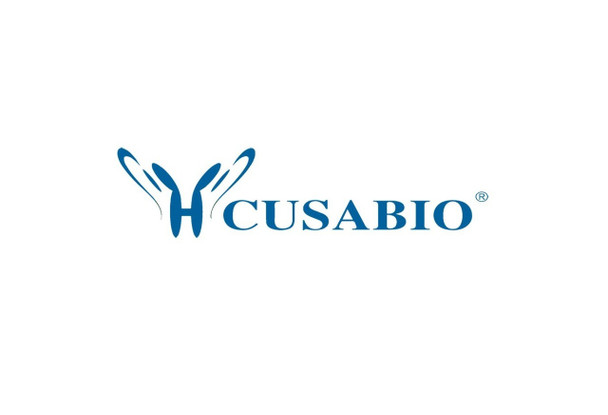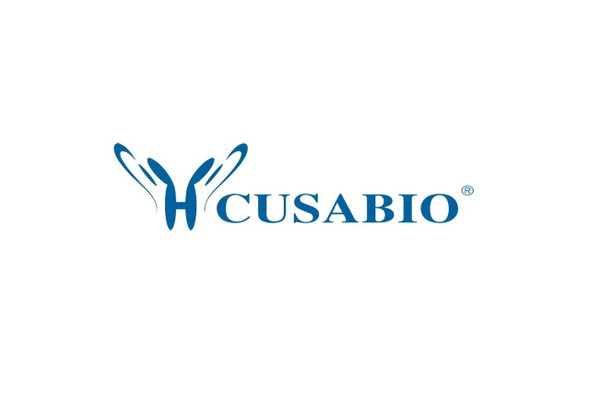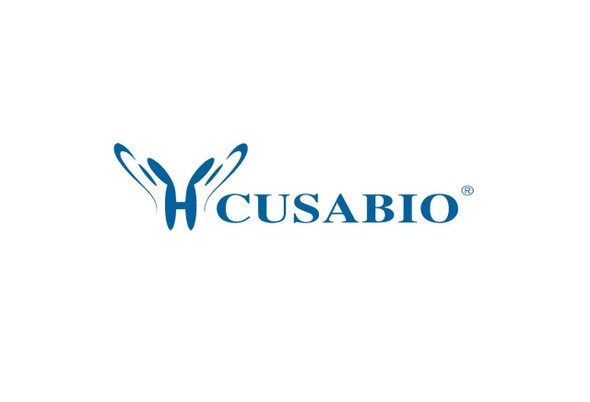Cusabio Polyclonal Antibodies
ETHE1 Antibody | CSB-PA703411
- SKU:
- CSB-PA703411
- Availability:
- 3 to 7 Working Days
Description
ETHE1 Antibody | CSB-PA703411 | Cusabio
ETHE1 Antibody is Available at Gentaur Genprice with the fastest delivery.
Online Order Payment is possible or send quotation to info@gentaur.com.
Product Type: Polyclonal Antibody
Target Names: ETHE1
Aliases: ethylmalonic encephalopathy 1
Background: This gene encodes a sulfur dioxygenase that localizes within the mitochondrial matrix. The enzyme functions in sulfide catabolism. Mutations in this gene result in ethylmalonic encephalopathy.
Isotype: IgG
Conjugate: Non-conjugated
Clonality: Polyclonal
Uniport ID: O95571
Host Species: Rabbit
Species Reactivity: Human, Mouse
Immunogen: Fusion protein of human ETHE1
Immunogen Species: Human
Applications: ELISA, WB, IHC
Tested Applications: ELISA, WB, IHC;ELISA:1:2000-1:5000, WB:1:500-1:2000, IHC:1:50-1:200
Purification Method: Antigen affinity purification
Dilution Ratio1: ELISA:1:2000-1:5000
Dilution Ratio2: WB:1:500-1:2000
Dilution Ratio3: IHC:1:50-1:200
Dilution Ratio4:
Dilution Ratio5:
Dilution Ratio6:
Buffer: -20°C, pH7.4 PBS, 0.05% NaN3, 40% Glycerol
Form: Liquid
Storage: Upon receipt, store at -20°C or -80°C. Avoid repeated freeze.
Initial Research Areas: Cell Biology
Research Areas: Cancer;Cell biology;Metabolism;Signal transduction













